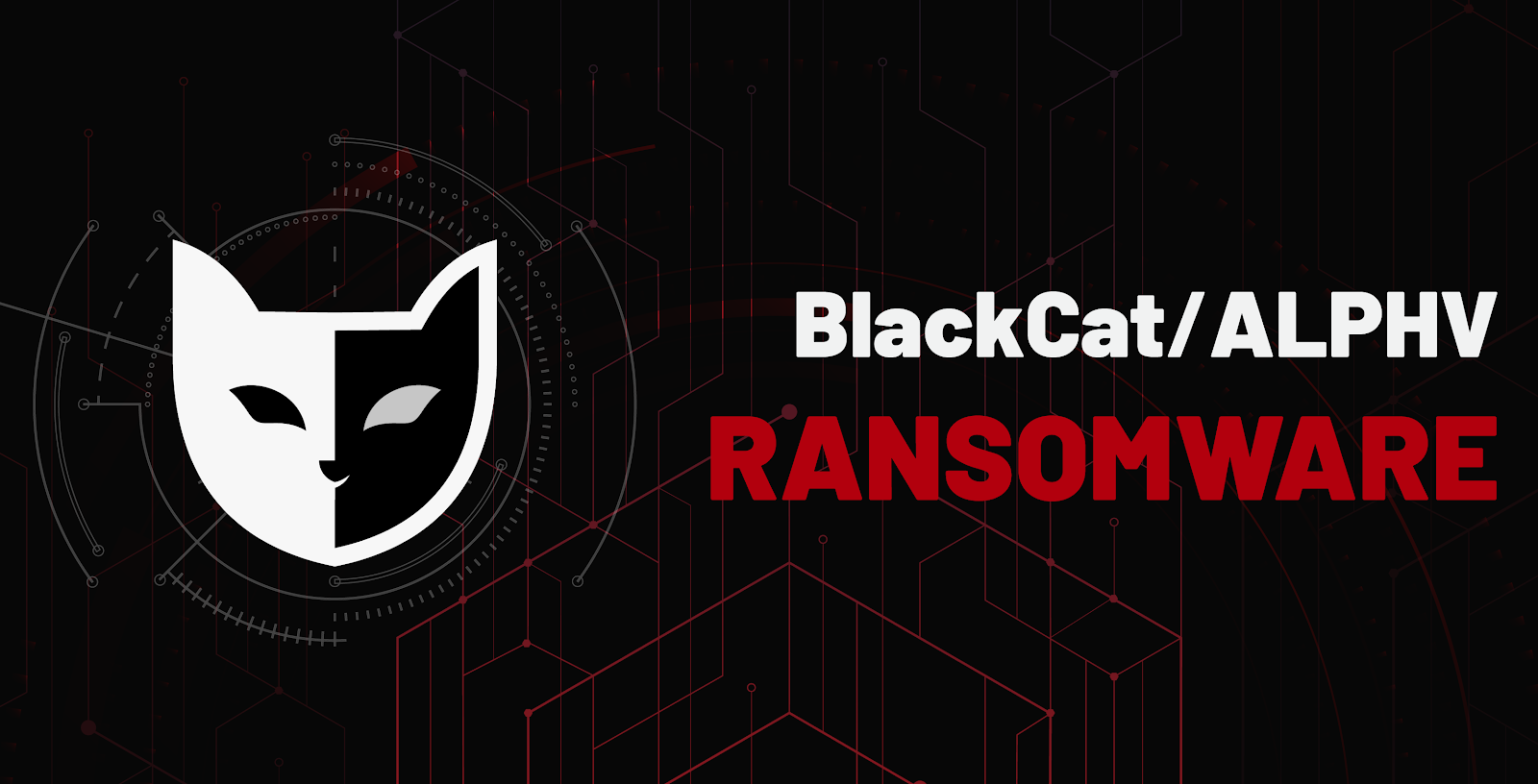New NetDooka malware spreads via poisoned search results
By Bill Toulas, Bleeping Computer
A new malware framework known as NetDooka has been discovered being distributed through the PrivateLoader pay-per-install (PPI) malware distribution service, allowing threat actors full access to an infected device.
This previously undocumented malware framework features a loader, a dropper, a protection driver, and a powerful RAT component that relies on a custom network communication protocol.
The first samples of NetDooka were discovered by researchers at TrendMicro, who warn that while the tool is still in an early development phase, it is already very capable.
The fact that it’s being distributed through the PrivateLoader malware distribution service reflects this potency, as its authors deemed the malware ready for large-scale deployment.
PrivateLoader deployment
The PrivateLoader PPI service was first spotted a year ago and analyzed by Intel471 in February 2022. In short, it’s a malware distribution platform that relies on SEO poisoning and laced files uploaded onto torrent sites.
It has been observed distributing a wide variety of malware, including Raccoon Stealer, Redline, Smokeloader, Vidar, Mars stealer, Trickbot, Danabot, Remcos, and various other malware strains.
TrendMicro analysts spotted NetDooka taking over control of the infection chain after being dropped on the victim’s machine in recent operations.
First, a loader is decrypted and executed, checking the Windows Registry for the existence of antivirus tools that will be removed or disabled.
Next, a malicious set of drivers is installed to act as kernel-mode protection for the RAT component, preventing the deletion of the payload or the termination of its processes.
Finally, the framework establishes a communications link to C2 for fetching the final payload, the NetDooka RAT. Trend Micro notes that in some cases, PrivateLoader drops the RAT directly.



Comments
Post a Comment